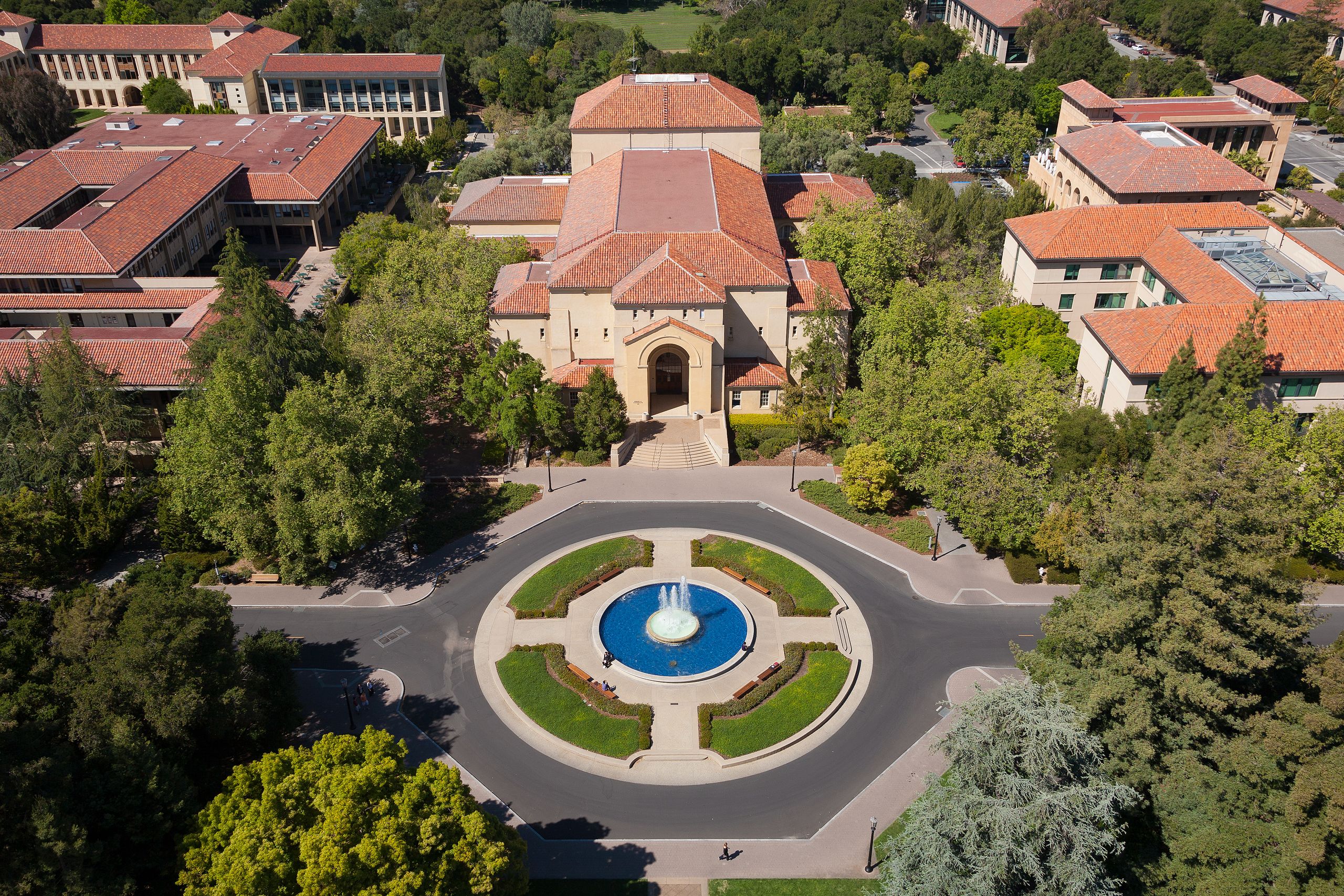The risks associated with bringing undergraduates back to Stanford’s campus are numerous. If local and national restrictions permit undergrads to return this fall, the University has indicated that student life will look dramatically different than in years past. To ensure students act per relevant public health and safety regulations, the University plans to institute a “campus compact” for the 2020-2021 academic year.
While the University has yet to finalize the terms of this compact, a July 22 letter to undergraduates indicated that it will include “specific expectations regarding … preventative health and hygiene; education, testing and exposure notification; quarantine and isolation; physical distancing, face coverings, and other behavioral expectations; travel; access and guests; and gatherings and social life.”
The decision to draft such a document is necessary, particularly in light of deteriorating public health circumstances. Ensuring safety for all members of our community requires universal compliance with safety guidelines. Compliance requires clear and forceful consequences for violations. As such, the decision to create a Community Review Panel to apply sanctions for violations is just as necessary as the guidelines themselves.
The University, however, has made clear in two separate emails to students on July 22 and July 30, that no appeals will be considered in response to disciplinary actions produced by this Community Review Panel. Make no mistake, the decision to withhold the right to appeal is an explicit violation of University policy and principles.
The Student Judicial Charter of 1997 “describes the elements, procedures and functions of the judicial system that goes into effect when there has been a formal concern alleging that a Stanford student has violated the Honor Code, Fundamental Standard or other applicable University student conduct policies” (emphasis added). The document further asserts that if all members of the University are to be bound by certain rules regulating conduct, “students, faculty and staff must also share a commitment to the system used to adjudicate the alleged violation.”
This commitment to handling alleged violations of University policy is consistently endangered by the University’s decision to withhold the right to appeal a violation of the “campus compact.”
There is no question as to whether the procedures described within the Charter are applicable to the University’s proposed “campus compact.” The Charter makes clear that “University judicial policy applies year-round to all on-campus activities and to any acts that threaten the safety and integrity of the university community” (emphasis added).
Given that the University’s proposed compact must comply with the rules of this Charter, the proposal to eliminate an appeals process is simply unacceptable. Section (II)(A)(18) of the Charter states that students accused of misconduct “have the right to appeal an adverse decision.” While that right is contingent upon an appropriate basis for appeal, that right is clear and unambiguous.
The proposed Community Review Panel seeks to abolish that right to protect public health. The consequences of such a decision damage Stanford’s institutional integrity and signal a departure from the collective agreements undertaken between students, faculty and staff since the establishment of the Fundamental Standard in 1896. While public health must be a priority during the COVID-19 pandemic, it cannot be used to undermine mechanisms for justice.
During times of crisis, the expansion of institutions’ executive powers to adapt to their communities’ needs is well-documented. For example, during a declared national emergency, the President of the United States has over one hundred special provisions that can be used at their discretion.
The COVID-19 pandemic poses a legitimate threat to Stanford and surrounding communities. It is appropriate, under these circumstances, for the administration to take necessary steps to protect the individuals within our community. Even so, just as the President is restricted by the Constitution, the University administration is restricted by its own rules, bylaws and charters.
As members of this community, we cannot allow our institutions to limitlessly accumulate power in times of crisis, regardless of their justifications. We must hold institutions accountable when they violate the rules under which they have commited to operate.
Even under these circumstances, it is clear that the University administration has overstepped its bounds. The right to appeal any disciplinary decision is a fundamental element of a just and civil society. Those appeals need not be unlimited or at the discretion of the accused. There should be limits to and requirements of an appeals process — but the process must exist.
The University plans to imminently release details on this “campus compact,” and is soliciting feedback and suggestions from the community. I urge each member of the Stanford community to submit an inquiry form and call upon the University to rectify their attempts at withholding essential student liberties. Without demanding that the University follow its own policies, members of our community are silently condoning institutional overreach at the cost of individual rights.
Contact Azam Janmohamed at azamj ‘at’ stanford.edu.
The Daily is committed to publishing a diversity of op-eds and letters to the editor. We’d love to hear your thoughts. Email letters to the editor to eic ‘at’ stanforddaily.com and op-ed submissions to opinions ‘at’ stanforddaily.com.
Follow The Daily on Facebook, Twitter and Instagram.
